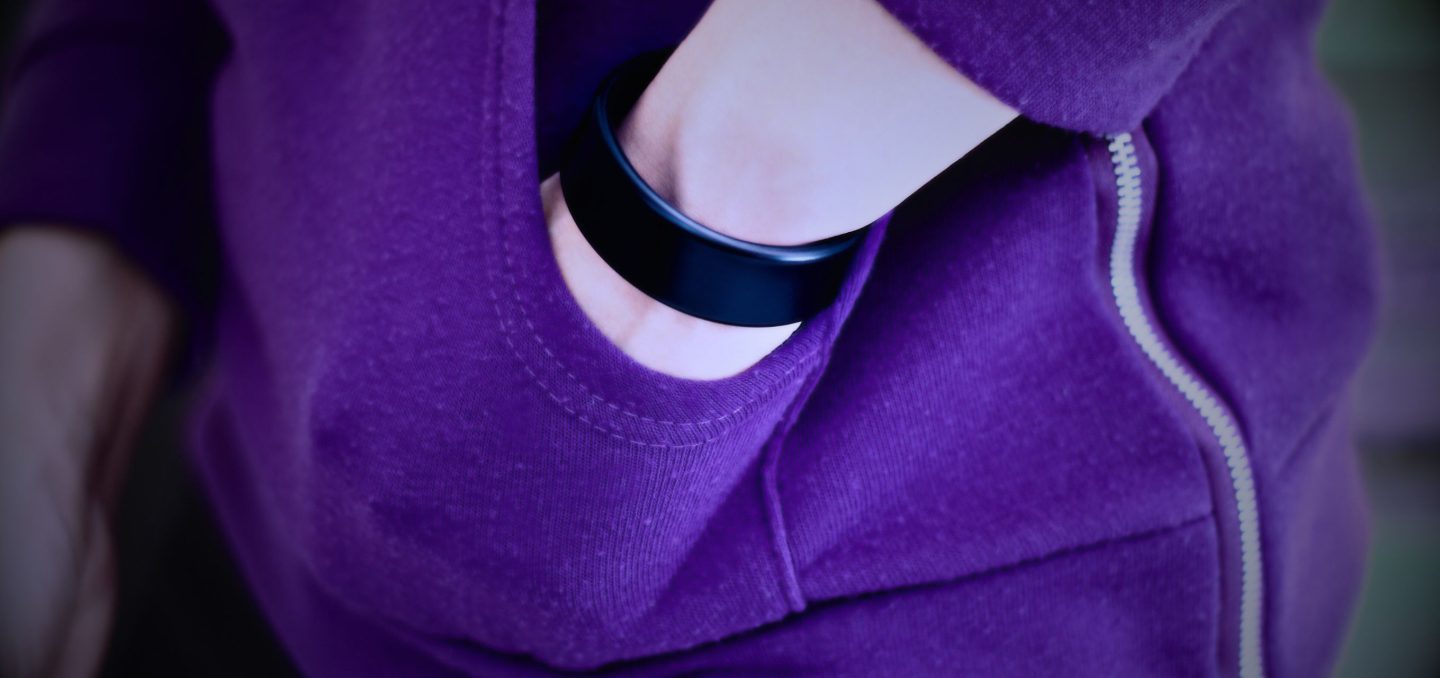In a significant breakthrough, researchers have developed and validated an algorithm for automated cardiac arrest detection using a photoplethysmography wristband. The study, titled “Automated cardiac arrest detection using a photoplethysmography wristband: algorithm development and validation in patients with induced circulatory arrest in the DETECT-1 study”, presents a promising solution to a critical health issue.
The DETECT-1 Study
The DETECT-1 study is a prospective multicenter study conducted in three university medical centers in the Netherlands. The study involved adult patients (aged 18 years or older) in whom short-lasting circulatory arrest was induced as part of routine practice.
The Innovation
The researchers developed an algorithm for automated circulatory arrest detection using wrist-derived photoplethysmography from patients with induced circulatory arrests. This innovative approach offers a potential solution to provide early help in cases of unwitnessed out-of-hospital cardiac arrest, which is associated with low survival chances due to the delayed activation of the emergency medical system.
The Results
The study enrolled 306 patients between March 14, 2022, and April 21, 2023, of which 291 patients were included in the data analysis. The results were impressive. In the development phase, the first, second, and third training sets yielded a sensitivity for circulatory arrest detection of 100%. In the validation phase, the sensitivity for circulatory arrest detection was 98%, with a positive predictive value of 90%.
The Impact
The DETECT-1 study represents a significant step forward in the field of cardiac arrest detection. The automated detection of induced circulatory arrests using wrist-derived photoplethysmography is feasible with good sensitivity and low false positives. This could potentially revolutionize the way we respond to cardiac arrests, especially those that occur out of hospital settings.
The study’s findings open up new possibilities for the use of wearable technology in healthcare, particularly in the early detection and response to cardiac arrest. This could ultimately lead to improved survival rates and outcomes for patients. The DETECT-1 study is indeed a beacon of hope in the fight against cardiac arrest.



